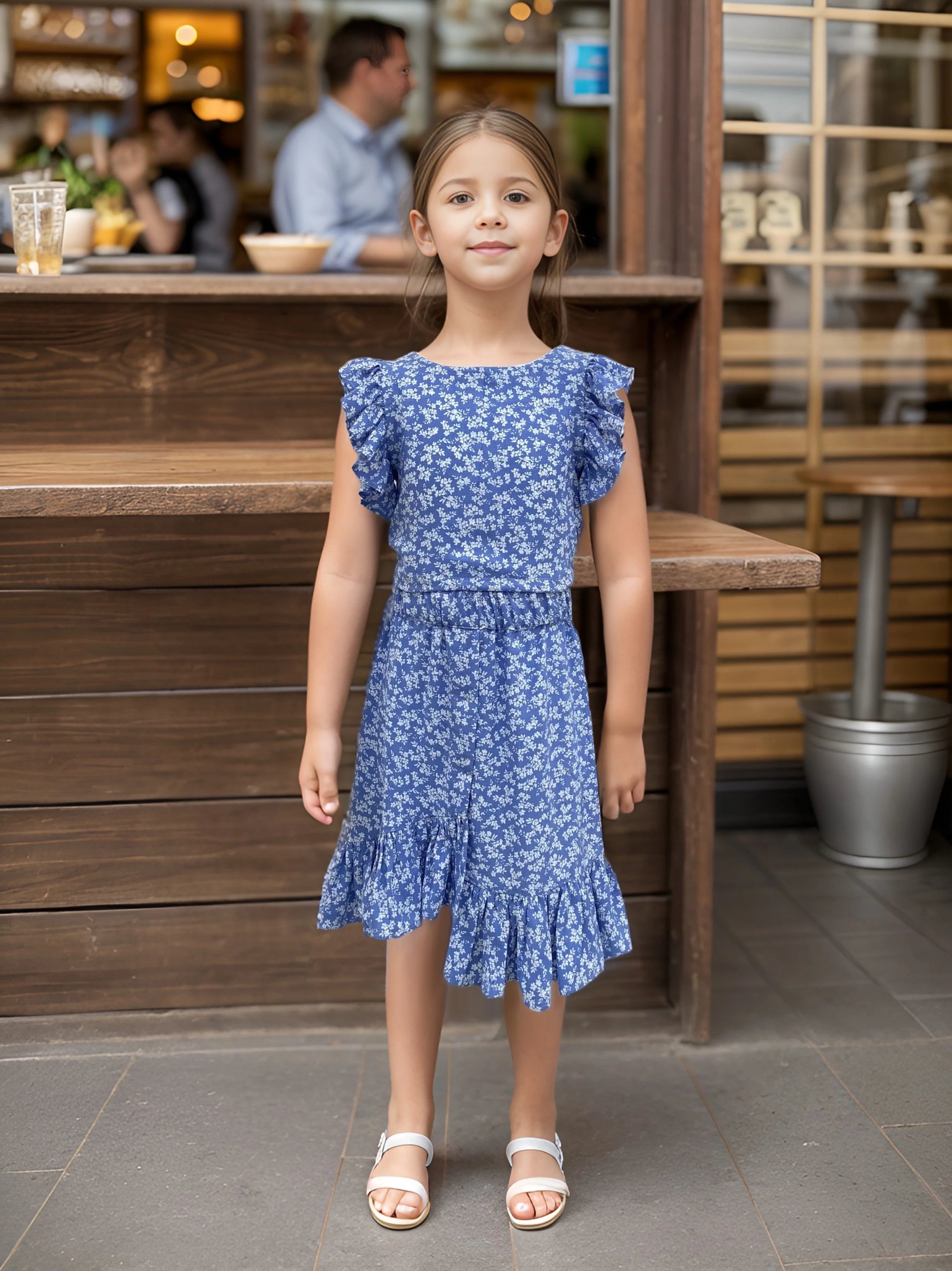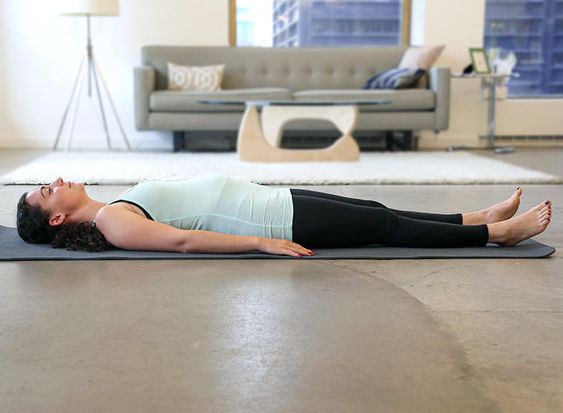Postpartum knee pain
also bring about a multitude of physical and emotional changes for new
mothers. Among these changes, postpartum knee pain emerges as a common
concern, affecting up to 60% of women after giving birth. This discomfort can
range from mild aches to debilitating pain, often hindering mobility and
interfering with daily activities. While the exact cause of postpartum knee pain
remains unclear, several factors are thought to contribute to its development.
Understanding the Causes of Postpartum Knee Pain
Postpartum knee pain is primarily attributed to the hormonal changes thatoccur during pregnancy and childbirth. The surge in estrogen and relaxin levels
during pregnancy loosens ligaments and joints throughout the body, including
the knees. This increased flexibility is essential for childbirth but can also lead
to instability and pain in the knees.
Additional contributing factors include:
• Weight Gain:
The significant weight gain during pregnancy putsadditional strain on the knee joints, increasing pressure and discomfort.
• Repetitive Movements:
Caring for a newborn often involves repetitivemovements, such as lifting, squatting, and carrying, which can further
strain the knees.
• Muscle Weakness:
Pregnancy and childbirth can weaken the muscles that support the knees, contributing to instability and pain.• Prior Knee Injuries:
Pre-existing knee injuries or conditions can make women more susceptible to postpartum knee pain.
Managing Postpartum Knee Pain Effectively
While postpartum knee pain is common, there are several effective strategies
to manage the discomfort and promote recovery:
• Rest: Avoid activities that exacerbate knee pain, allowing the body to
recover and heal.

• Ice Application: Apply ice packs to the affected knee for 15-20 minutes
at a time, several times a day, to reduce inflammation.• Compression: Wear a compression sleeve or brace to provide support
and stability to the knee joint.

reduce swelling and discomfort.

• Strengthening Exercises: Gradually introduce gentle strengthening
exercises for the thigh muscles to improve stability and support around
the knee joint. Find more Strengthening Excercises for Knee here

• Over-the-Counter Pain Relievers: Consult your healthcare provider
about over-the-counter pain relievers, such as ibuprofen or
acetaminophen, to manage pain.

• Physical Therapy: Seek guidance from a physical therapist to develop a
personalized exercise program that addresses muscle weakness,
improves balance, and promotes knee joint stability.
When to Seek Professional Guidance
While postpartum knee pain often resolves on its own within a few months, it
is advisable to seek professional guidance if:
• Pain persists beyond six months postpartum
• Pain interferes with daily activities
• Symptoms worsen despite home remedies and self-care measures
• Experience sudden or severe knee pain
• Notice swelling or deformity in the knee
A healthcare provider can assess the underlying cause of the pain, recommend
appropriate treatment options, and provide personalized guidance for
managing postpartum knee pain effectively.
Postpartum knee pain, while a common concern, can be effectively managed
through a combination of home remedies, physical therapy, and personalized
care. By understanding the contributing factors, implementing appropriate pain
management strategies, and seeking professional guidance when necessary,
new mothers can navigate this temporary discomfort and focus on enjoying
this special time with their little one.Remember, every postpartum experienceis unique, and individual needs may vary. Consult your healthcare provider for
personalized support and guidance throughout this transformative journey.
Stay connected with us for the latest updates and valuable insights.
Follow us on Instagram for more information: @safehugskidswear.
Find one stop solution to all your parenting problems on our blogs.
Keep exploring our daily blogs to stay informed and inspired.
Your journey with us is just beginning, and we're excited to share it with you.
Happy Parenting!






























